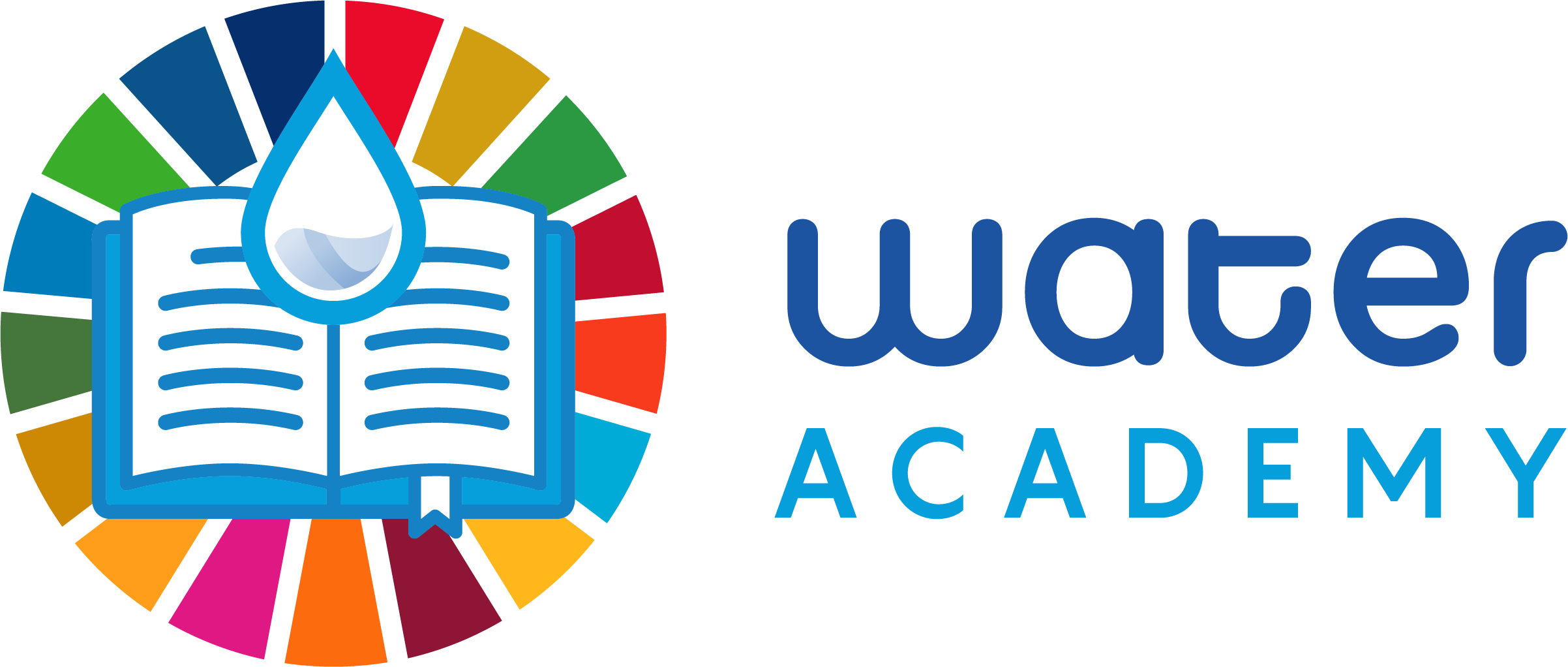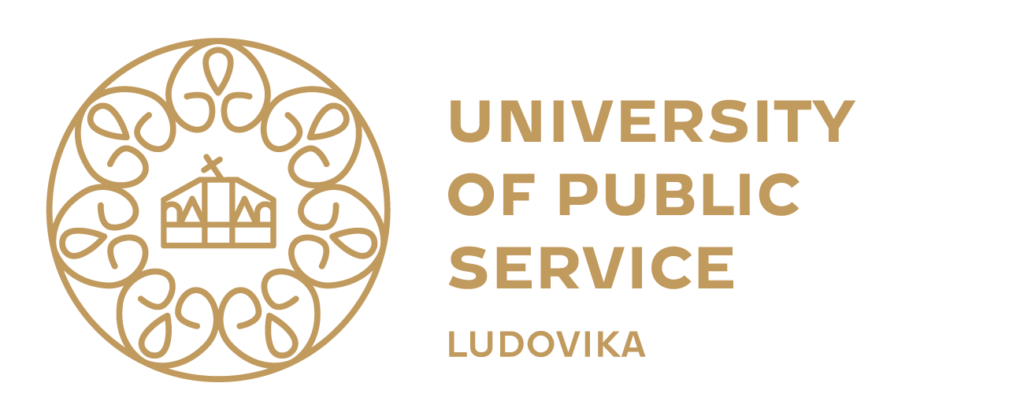About Partners
The United Nations Institute for Training and Research (UNITAR) provides innovative learning solutions to individuals, organizations, and institutions to enhance global decision- making and support country-level action for shaping a better future.
UNITAR’s Vision:
The vision for which the Institute aims reflects a drive for results and programming to develop the capacities of individuals, institutions, and organizations with a view to overcoming global challenges.
UNITAR’s Mission:
- Providing high-quality learning solutions to address the capacity development needs of individuals, organizations and institutions;
- Advising and supporting governments, the UN and other partners with knowledge services, including those that are technology-based;
- Facilitating knowledge and experience sharing through networked and innovative processes; and
- The vision for which the Institute aims reflects a drive for results and programming to develop the capacities of individuals, institutions and organizations with a view to overcoming global challenges.Integrating innovative strategies, approaches and methodologies into our learning and related knowledge products and services.
York University is a leading international teaching and research university in Toronto, Canada, with a large and diverse student body of approximately 55,000 students from 178 countries. York University is ranked among the top 40 universities in the world for its commitment to advancing the United Nations Sustainable Development Goals (SDGs), including SDG 6: Clean Water and Sanitation for All.
As the academic lead for the UNITAR Global Water Academy, York University is home to some of the world’s foremost experts on water and water-related fields. York University has mobilized an entire community of researchers and policy experts working towards equitable access to clean freshwater in Canada and abroad and to support the mission of the UNITAR Global Water Academy, led by the Inaugural Academic Director, Professor Sapna Sharma. Researchers at York University strive to understand and develop solutions to the ongoing water sustainability crises, attract and train future leaders in the field, educate the public on water issues in Canada and around the world, and build industrial partnerships to identify key problems and solutions for safe access to clean water.
Ontario is home to over 300,000 lakes and borders four of the Laurentian Great Lakes, which alone contain more than 20% of the world’s freshwater. Still, even though freshwater is abundant and extensively studied in Ontario, there continue to be marginalized communities, particularly in remote and Indigenous communities who do not have safe and easy access to clean water within the province, a pattern that is unfortunately repeated throughout the world. As such, among our research strengths is our emphasis on Indigenous knowledge systems and relationships with water, environmental governance, environmental justice, and sustainable development. Promoting social justice within and beyond our community remains a cornerstone of our university’s mission.
We at York University work at the forefront of fundamental, applied, community-based, and policy-related research on topics related to water. Moreover, we prioritize capacity-building to develop and expand the potential reach of solutions to global challenges in water management, including threats to water quality, treatment of wastewater and stormwater, and conservation of groundwater resources. Some examples of strengths in our research program include understanding the impacts of environmental stressors on freshwater systems, modelling climate change impacts on lakes, water treatment and bioremediation, emerging contaminants, light-based technologies for water purification, flood forecasting, and water management in Arctic communities and in humanitarian settings.
Our researchers identify operational challenges and collaboratively build and implement innovative and practical solutions to many of the world’s most challenging environmental problems. The ongoing global water crisis poses a great threat to both human health and wellbeing and also to economic development and poverty eradication. Our engaged students, faculty, and staff are committed to understanding and developing scientific, technological, natural, health, and social solutions to address the world’s water needs in a context of international cooperation to ensure the conservation of this essential resource for current and future generations.
United Nations University Institute for Water, Environment, and Health (UNU-INWEH) is one of the United Nations University (UNU) institutes, an academic arm of the UN. The University’s 13 research and training institutes are located in 12 countries and address a range of global development challenges. UNU-INWEH specializes on water for development, working, primarily, with countries in the Global South, and addressing water issues of global significance. Water is the entry point to all UNU-INWEH’s activities, including environment and health.
The Institute addresses primarily continental water resources challenges. UNU-INWEH works to bridge the gap between the wealth of evidence and research that exists on water resources, and the practical needs that political leaders and decision makers in low- and middle-income countries have. UNU-INWEH is linked to key processes in the UN system, and represents the entire UNU in UN-Water – a cross-agency group in the UN and international partners working on water and sanitation issues globally.
UNU-INWEH’s research has a diverse range of partners and stakeholders, including politicians and policymakers in developing countries, concerned with water, health and environment issues; donors and implementing agencies from the North and the South; scientific community in water-related research institutions and academia; UN agencies and other international and regional organizations and networks; host country and national partners in Canada, media; and civil society. UNU-INWEH was established in 1996, as a public service agency and a subsidiary body of the UNU. Its operations are secured through long-term host-country and core- funding agreements with the Government of Canada. The Institute is located in Hamilton, Canada; its facilities are supported by McMaster University. UNU-INWEH is the only Institute in UNU that focuses entirely and solely on water issues. It is also the only entirely water-focused UN entity in Canada.
Nova School of Business & Economics (Nova SBE) is a business school located in Portugal that offers a wide range of academic programs. Founded in 1978, the school has approximately 3,000 students from over 70 different countries. Nova SBE is a dynamic business and economics school. They are engaged in searching for highly-qualified professionals who thrive in a fast-paced institution.
The University of Victoria (UVic) is one of Canada’s leading research-intensive universities. We are located in Victoria, on the BC coast. At UVic, they combine three main elements: dynamic learning, vital impact, and their extraordinary academic environment. Together, these three elements nurture an environment of discovery innovation, and creativity.
This fortifies their work in sustainability and healthy societies. It shapes UVic’s worldview with diverse perspectives, including those from Indigenous and international communities. It fuels their commitment to economic well-being, technological advances, and social justice.
The University of Public Service (UPS; Nemzeti Közszolgálati Egyetem) is a higher educational institution in Budapest, Hungary. Established in 2012, it is one of the youngest universities in Central and Eastern Europe; however, its faculties as former independent colleges look back much earlier.
The university was officially founded on 1 January 2012 through the merger of the Zrínyi Miklós National Defence University (becoming the Faculty of Military Sciences and Officer Training), the Police College (becoming the Faculty of Law Enforcement) and the Faculty of Public Administration of Corvinus University of Budapest (becoming the Faculty of Public Administration at UPS). In addition to these faculties, UPS includes institutions that function as educational organs and think tanks and is initiating its fourth faculty of European and international studies.
The university’s primary goal is to educate future public administration officials, military and law enforcement officers (through BA and MA programmes) and to develop the skills and know-how of current members of public service (through further training programmes). Moreover, UPS also functions as a think tank for public service (through PhD programmes, joint conferences, and individual research activities of lecturers).
Nangtang Technological University ( NTU, Singapore): A research-intensive public university has 33,000 undergraduate and postgraduate students in the Engineering, Business, Science, Medicine, Humanities, Arts, & Social Sciences, and Graduate colleges.
NTU is also home to world-renowned autonomous institutes – the National Institute of Education, S Rajaratnam School of International Studies and Singapore Centre for Environmental Life Sciences Engineering – and various leading research centres such as the Earth Observatory of Singapore, Nanyang Environment & Water Research Institute and Energy Research Institute @ NTU (ERI@N). Under the NTU Smart Campus vision, the University harnesses the power of digital technology and tech-enabled solutions to support better learning and living experiences, the discovery of new knowledge, and the sustainability of resources.
Ranked amongst the world’s top universities, the University’s main campus is also frequently listed among the world’s most beautiful. Known for its sustainability, NTU has achieved 100% Green Mark Platinum certification for all its eligible building projects. Apart from its main campus, NTU also has a medical campus in Novena, Singapore’s healthcare district.
The Asian Institute of Technology (AIT) is an international English-speaking postgraduate institution, focusing on engineering, environment, and management studies. AIT’s rigorous academic, research, and experiential outreach programs prepare graduates for professional success and leadership roles in Asia and beyond. Founded in 1959, AIT offers the opportunity to study at an institution in Asia which possesses a global reputation.
Going forward, AIT will be stressing its global connections, injection of innovation into research and teaching, its relevance to industry, and its nurturing of entrepreneurship, while continuing to fulfill its social impact and capacity building role. Sitting on a beautiful green campus located just north of Bangkok, Thailand, AIT operates as a multicultural community where a cosmopolitan approach to living and learning is the rule.
You will meet and study with people from all around the world. Today, AIT’s internationally recognized engineering, environment, and management graduates are highly sought after by employers in their home countryand elsewhere. Across many walks of life in Asia, AIT alumni have distinguished themselves as CEO’s of private and state enterprises, as business owners, as well-respected researchers and faculty, and as senior university and government officials.
The Global Water Partnership (GWP) is a global action network with over 3,000 Partner organisations in 180 countries. The network has 77 accredited Country Water Partnerships and 13 Regional Water Partnerships. The network is open to all organisations involved in water resources management: developed and developing country government institutions, agencies of the United Nations, bi- and multi-lateral development banks, professional associations, research institutions, non-governmental organisations, and the private sector.
GWP’s action network provides knowledge and builds capacity to improve water management at all levels: global, regional, national and local. GWP does not operate alone. Its networking approach provides a mechanism for coordinated action and adds value to the work of many other key development partners in government, civil society, and the commercial sector to engage with each other to solve water problems.
The University of Newcastle Australia is a comprehensive university of and for our regions, we have delivered superior education and world-class research since 1965. We are based in the Hunter Valley and the Central Coast in New South Wales, and our purpose is to deliver an exceptional student experience, preparing graduates for life in an increasingly interconnected society.
We serve our regions by taking research that matters to the world and bringing our global expertise home. Recognising water is a basic component of human existence and the support system on which people, economies and ecosystems depend. Our academics study the importance of water to ecosystems and humans, its use and management as a resource and its modification through contamination and pollution. TheUniversity of Newcastle focuses on monitoring, understanding and dealing with the impacts of climate variability and change in the Asia-Pacific region.
The impacts on indigenous and developing communities in the region are a particular focus. We work with water authorities and universities in the region to achieve our goals in research and training.
The major water challenges we address are:
- Managing the impacts of climate variability and change on the quality and quantity of water resources and water redistribution within rural, urban and natural landscapes;
- Modelling, restoring and/or rehabilitating rivers and catchments.
- The water and energy nexus, health and food security. Other areas of expertise include industrial water reuse, extreme event (flood, drought, bushfire) risk analysis, hydrological and stochastic modelling, and water resources management. We have identified that the broad priority areas for the global water industry are; improving service resilience, water efficiency, community engagement, climate change adaptation, decision making, safeguarding drinking water and environmental improvement.
IRC is an international think tank actively building strong water, sanitation and hygiene systems – from the bottom up and the top down. We exist to support countries to build strong local and national services, underpinned by resilient systems, that transform lives and build equity, justice and opportunity for all.
With just seven years left to achieve UN Sustainable Development Goal (SDG) 6: Clean Water and Sanitation for All by 2030, IRC, Water For People and Water for Good, have joined forces to drive rapid progress in the delivery of water and sanitation services in 15 countries and reach 200 million people over the next decade. Through our newly formed One For All alliance, we have established “Destination 2030,” our vision to play our part in achieving SDG 6.
The Destination 2030 vision is clear: the pursuit of justice and opportunity for all through the delivery of safe water, sanitation, and hygiene services. A simple truth drives us – we can do more together, and do it faster than we can alone.










